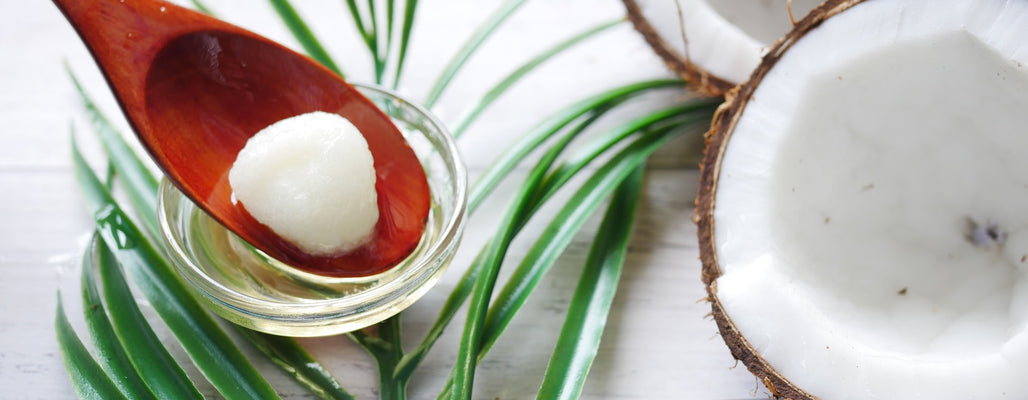
Two years ago was the first time we saw the phrase: “Organic Is the New Black.” It appeared on the web site for Mukti Organics, an Australian organic skincare maker.
It was catchy. And it was right. But given the popularity of the “new black” phrase, the implication for many was that organic was trendy, but nothing more.
As it turns out, “trendy” was mostly wishful thinking by non-organic producers and lobbyists – “wishful” considering that sales of organic products had already experienced eight straight years of over 10% growth. Even more wishful now, with sales continuing to grow and projections for that growth to continue worldwide at least through 2020.
What It Isn’t

You’ll still find the die-hards doing their best to diminish the status of organic in industry marketing or trolling social media looking for new ways to insinuate their influence. The most recent we’ve seen was a subtle but broad-brush attack on “that whole organic, non-GMO crowd,” and including them with “climate-change deniers” as obstructions to science, progress, and capitalism.
Here’s the truth. Organic products – from food to skincare – were never simply trendy. They were just as they are now, reflections of what American and international consumers want – better and more natural ingredients, healthier products for their bodies, and processes that have less devastating impacts on the environment.
Adding to the bad news for industrial producers: “Organic” also wasn’t just a big marketing deceit to woo the gullible, nor are organic products inherently elitist and inaccessible to low-income consumers.
Beyond the Obvious
Marketing and social media can be good indicators of industry intentions, but you have to look at Washington, D.C. to see how those intentions are being carried out. For example, back into September 2013, the USDA lowered the standards of products that can be exempted under organic standards. This was at the bidding of non-organic producers and organizations known as “Big Organics,” whose stated intention is to make organic available to more and more people.
The effect of lowered standards – and if you’re suspicious, the true intention – is to make organic certification easier, to lower the bar to the point that anyone can clear it. Doing that disconnects the standards from the spirit of organic, the vision of better products, less contamination of soil and water, and a greater sense of responsibility on the part of producers.
The reasoning’s pretty clear. If the standards are low enough to meet, the spirit of organic – the intent behind the rules and transparency – never really matters. The good news is, non-organic producers don’t control our fate. It’s still in our hands. The bad news for industrial farming, food production, and skincare manufacturing is, more and more consumers are learning by the day that ours are better hands to be in.
